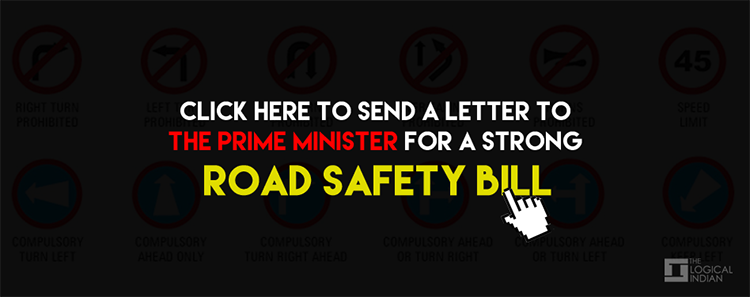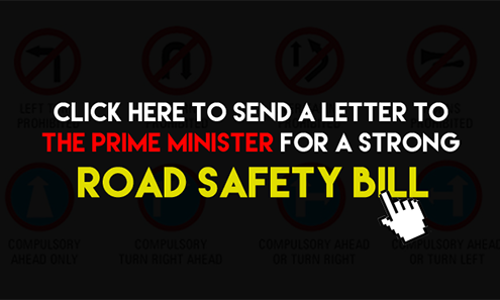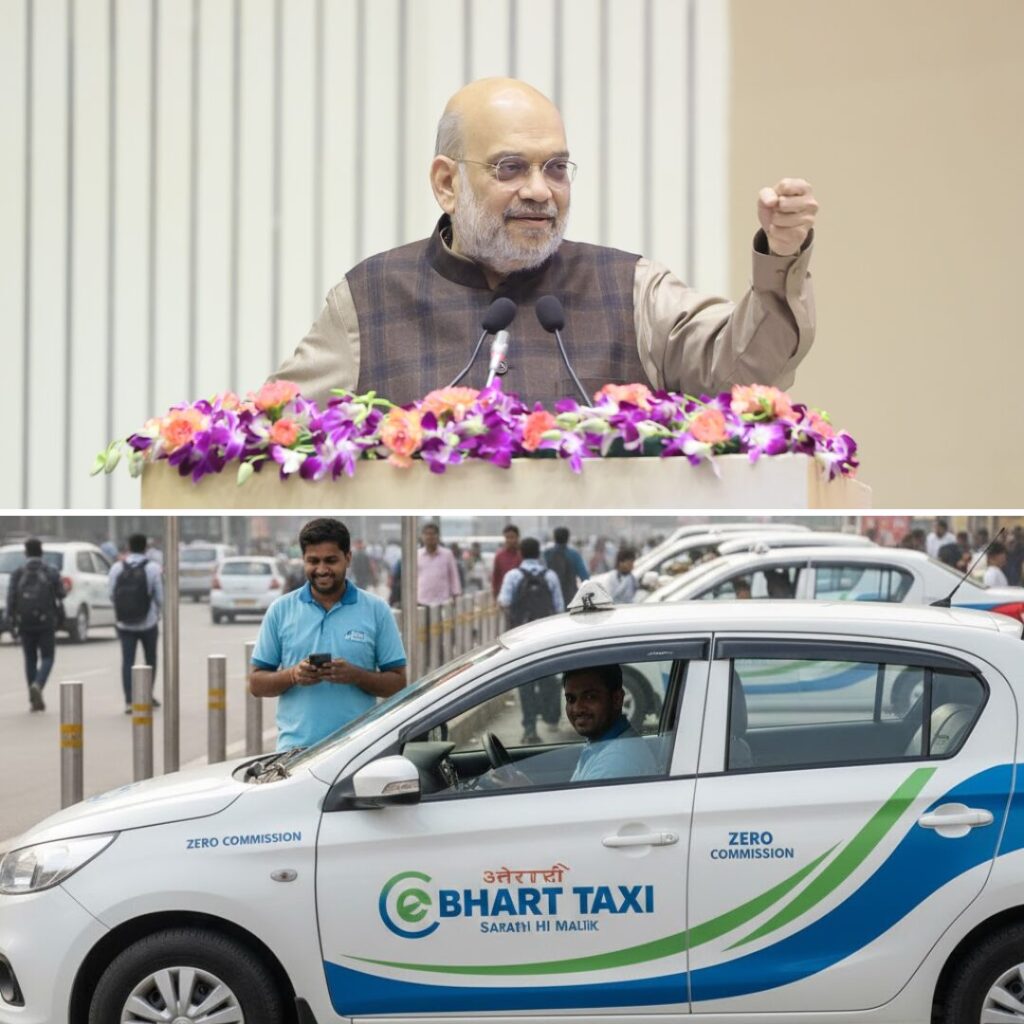Image Source: Kunal Patil/HT photo
In an event that has once again weakened our faith in the judiciary, Reliance Industries’ in-house lawyer, Janhavi Gadkar, who is accused in a hit-and-run drunken-driving case and out on bail since August, got back her driving license and car on Thursday.
The Logical Indian goes through the facts in the case, and attempts to analyze the problems associated with the decision:
The Incident:
On 10th June, Gadkar had a drink at a corporate party and allegedly rammed her Audi Q3 over a taxi, killing two people on the Eastern Freeway in Mumbai, while drunk-driving her car.
Gadgar was booked under ‘culpable homicide not amounting to murder’ and rash driving charges. Reportedly, a 560-page charge-sheet with 57 witness statements was filed against her. Following the incident, the Wadala RTO revoked her license and sealed her car. The police said that she was also involved in a similar accident earlier which was settled mutually between her and the victim.
The Bail:
After 57 days in jail, Gadkar was released on bail, with the police strongly resisting her bail plea against her lawyer, Amit Desai (the same lawyer who had obtained Salman Khan’s prompt bail on the day of his conviction), on the grounds that she might repeat the offense given her previous records. While granting her the bail, Sessions court judge Sanjay Patil reportedly observed that ‘Gadkar is a woman and, hence, the case needs to be dealt with differently.’
After appealing against the suspension of her license, Gadkar got a favorable order by the court on the basis that ‘principals of natural justice were not followed before suspending the license’. The court also allowed the car to be returned to her.
The Concerns:
All this brings us to one major question: Is it safe to allow a repeatedly-offending drunken-driver to drive freely on the streets, compromising the safety of thousands of citizens? Evidence against the accused is definitely not weak in this case, and yet we know the trial will probably run for years before the offender is brought to justice. But who will stand responsible if, during this period, the accused repeats the offense, thereby killing more people?
Despite over 1.3 lakh deaths per year and about 370 deaths per day in road accidents in India, our road-safety laws still appear to be weak and biased towards the offenders. Recent events, including the acquittal of Salman Khan in a similar case, oblige us to rethink the existing laws and the way the judiciary works in such cases. The Logical Indian believes it is high time that we had stringent road-safety laws in place, in order to reduce the number of road accidents on one hand, and bring offenders to justice on the other.











